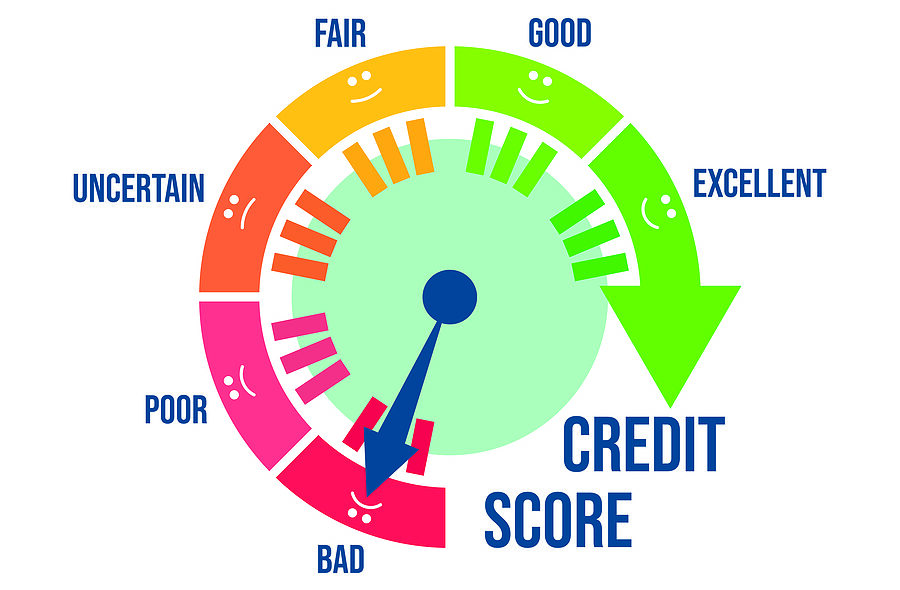Rebuilding your credit score can take time and there are not many shortcuts, but paying your credit card bill early can give you an added boost in just 30 days. Some consumers saw their credit score increase as much as 100 points. Here is how it works:
Timing is everything. There are two factors that have the biggest impact on your credit score: One is paying bills on time versus paying late. Making early payments can help with the second factor: credit utilization (i.e. – how high your balance is compared to your credit limit).
It is recommended that you keep a balance below 30% of your credit card limit and the lower the better. Consumers with the highest credit scores typically use less than 10% of their available credit. Here are some tips to reducing your credit utilization.
- Set up alerts to let you know when you have reached a certain percentage of your available credit. When you get an alert, go online to make a payment.
- Setting up charge alerts or checking your account regularly so you can pay off purchases as soon as they post.
- Making scheduled “micropayments” every week or two to keep balances low.
- Be cautious with retail credit cards that typically offer lower credit limits. If you have just $250 in purchases on the card and the credit limit is $500. You have already used 50% of your credit utilization.
If you have any questions on this topic or are in financial crisis and considering filing for bankruptcy, contact an experienced Miami bankruptcy attorney who can advise you of all of your options. As an experienced CPA as well as a proven bankruptcy lawyer, Timothy Kingcade knows how to help clients take full advantage of the bankruptcy laws to protect their assets and get successful results. Since 1996 Kingcade Garcia McMaken, P.A. has been helping people from all walks of life build a better tomorrow. Our attorneys’ help thousands of people every year take advantage of their rights under bankruptcy protection to restart, rebuild and recover. The day you hire our firm, we will contact your creditors to stop the harassment. You can also find useful consumer information on the Kingcade Garcia McMaken website at www.miamibankruptcy.com.
Related Resources:
https://www.usatoday.com/story/money/personalfinance/2017/09/11/credit-move-can-bump-up-your-score-30-days/629455001/

